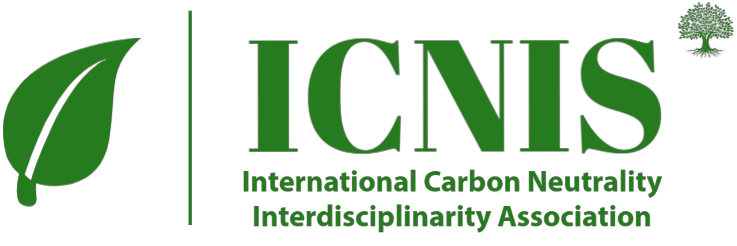David L. Olson received the B.S. degree in mathematics from the South Dakota School of Mines and Technolopgy, Rapid City, SD, USA, in 1966, the M.B.A. degree from Kearney State College, Kearney, NE, USA, in 1978, and the Ph.D. degree in interdepartmental business from the University of Nebraska–Lincoln, Lincoln, NE, USA, in 1981.,He is the James & H. K. Stuart Professor and the Chancellor’s Professor with the University of Nebraska–Lincoln. He was a Lowry Mays Endowed Professor with Texas A&M University, College Station, TX, USA, from 1999 to 2001. He teaches in the management information systems, management science, and operations management areas. He has published research in over 200 refereed journal articles, primarily on the topic of multiple objective decision-making, information technology, supply chain risk management, and data mining. He has authored over 40 books, to include Decision Aids for Selection Problems, Introduction to Information Systems Project Management, Managerial Issues of Enterprise Resource Planning Systems, Supply Chain Risk Management, and Supply Chain Information Technology. He has coauthored the books Introduction to Business Data Mining, Enterprise Risk Management, Advanced Data Mining Techniques, Enterprise Information Systems, Enterprise Risk Management Models, and Financial Enterprise Risk Management.,Mr. Olson was named the Raymond E. Miles Distinguished Scholar Award in 2002. He has served as an Associate Editor of Service Business, Decision Support Systems, and Decision Sciences and the Co-Editor-in-Chief of the International Journal of Services Sciences. He has made over 200 presentations at international and national conferences on research topics. He is a member of the Decision Sciences Institute, the Institute for Operations Research and Management Sciences, and the Multiple Criteria Decision-Making Society. He was a James C. and Rhonda Seacrest Fellow from 2005 to 2006. He was named Best Enterprise Information Systems Educator by IFIP in 2006. He is a Fellow of the Decision Sciences Institute.(Based on document published on 15 September 2020).
